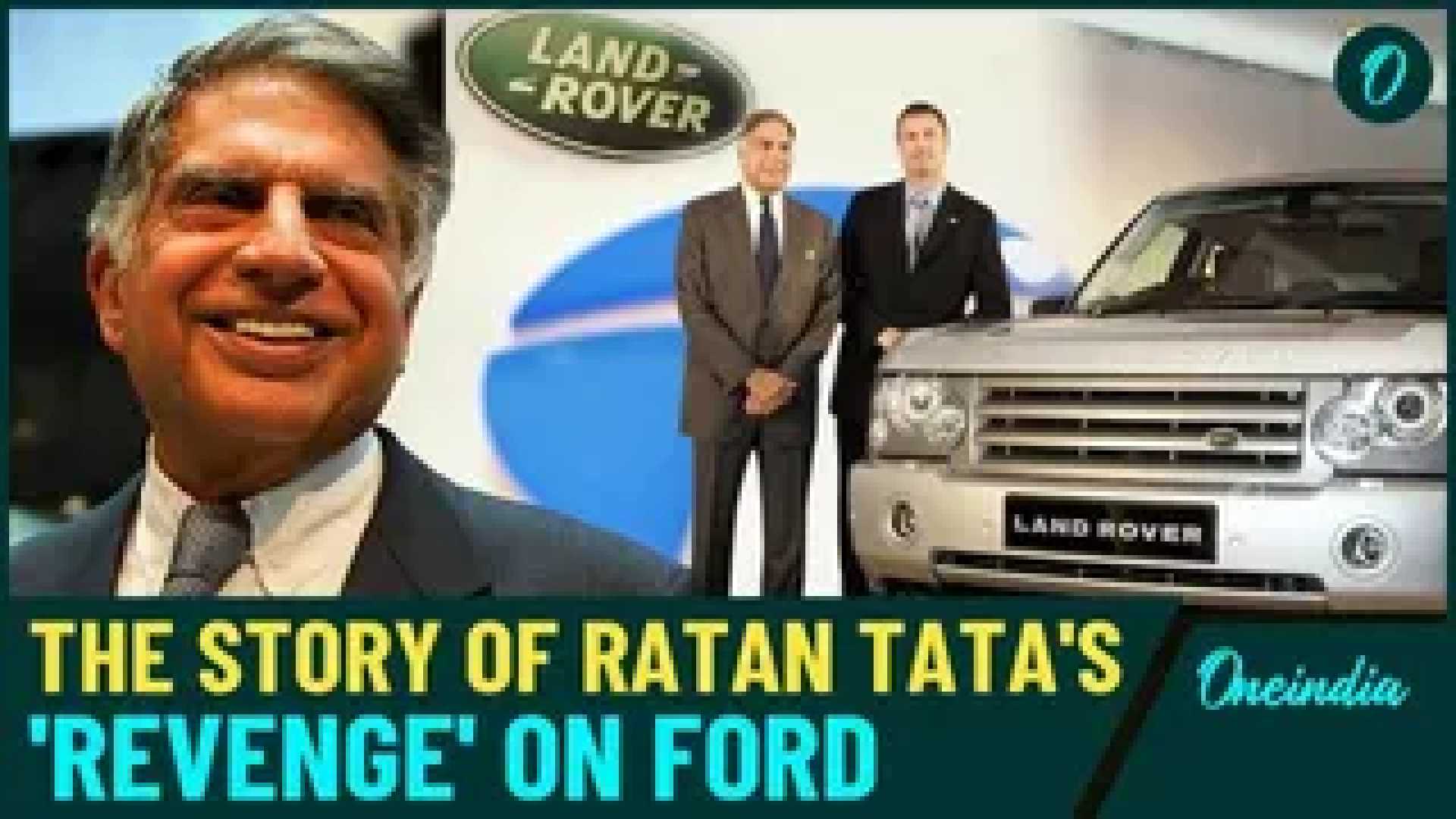Business
Ratan Tata’s Strategic Moves in the Auto Industry

In the realm of business, few narratives resonate as powerfully as that of Ratan Tata‘s bold acquisition of Jaguar Land Rover (JLR). This move exemplified Tata’s visionary leadership and marked a transformative era for one of the most storied automotive brands in history. In 2008, amidst a global economic downturn, Tata Motors made the daring decision to acquire the struggling luxury vehicle manufacturer, Jaguar Land Rover, from Ford Motor Company for $2.3 billion.
At that time, both brands were facing significant challenges. Jaguar was grappling with declining sales and an aging product lineup, while Land Rover, though more resilient, was in need of revitalization. Many questioned Ratan Tata’s decision, fearing that the acquisition could lead to the loss of the iconic brands’ legacy and identity. Ratan Tata, however, had a clear vision. He understood the importance of heritage and craftsmanship that both Jaguar and Land Rover represented.
Under Tata’s leadership, the focus shifted towards enhancing product quality, design, and technology, with significant investments in research and development. One of the first major initiatives was the introduction of the Jaguar XF in 2008, which redefined the brand’s identity and received critical acclaim for its design and performance. The success of the XF paved the way for other models, including the Jaguar F-Type and the Land Rover Range Rover Evoque, both of which were instrumental in rejuvenating the brands.
Ratan Tata, the former chairman of Tata Sons, has made several bold moves throughout his career, but another notable one was his decision to launch the Tata Nano in 2008. This initiative aimed to create an affordable vehicle for the masses in India, with a target price of around ₹1 lakh (approximately $2,500). The Nano was intended to provide a safer and more economical alternative to two-wheelers for low-income families.
Despite the ambitious vision behind the Nano, the project faced numerous challenges, including safety concerns, production issues, and negative perceptions, which ultimately led to disappointing sales. However, the move showcased Tata’s commitment to innovation and his focus on improving the lives of everyday Indians.
These moves exemplify Ratan Tata’s willingness to take risks and his visionary approach to business, aiming to address market gaps and create value for consumers. His strategies have not only reshaped Tata Motors but have also influenced the broader automotive industry.












